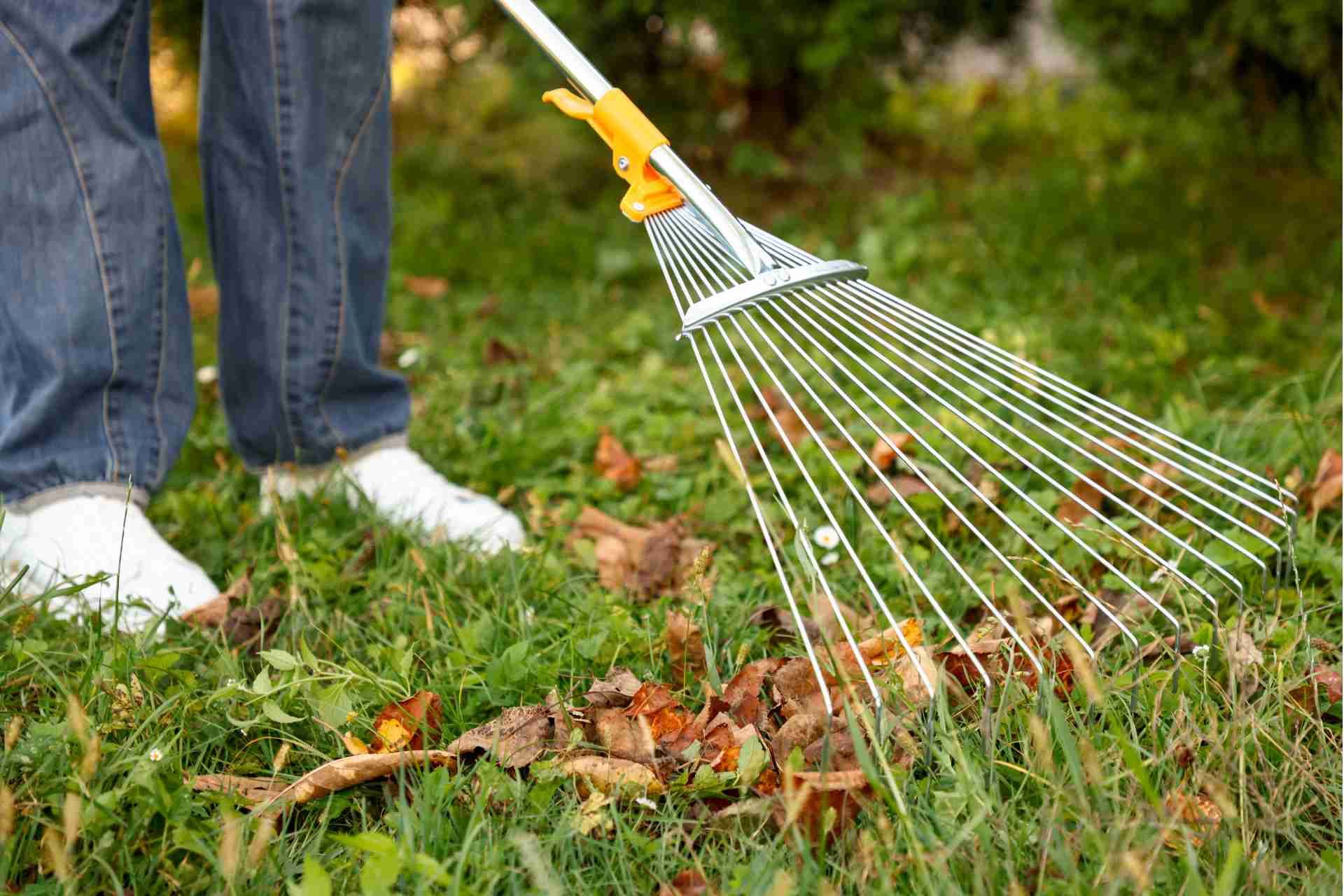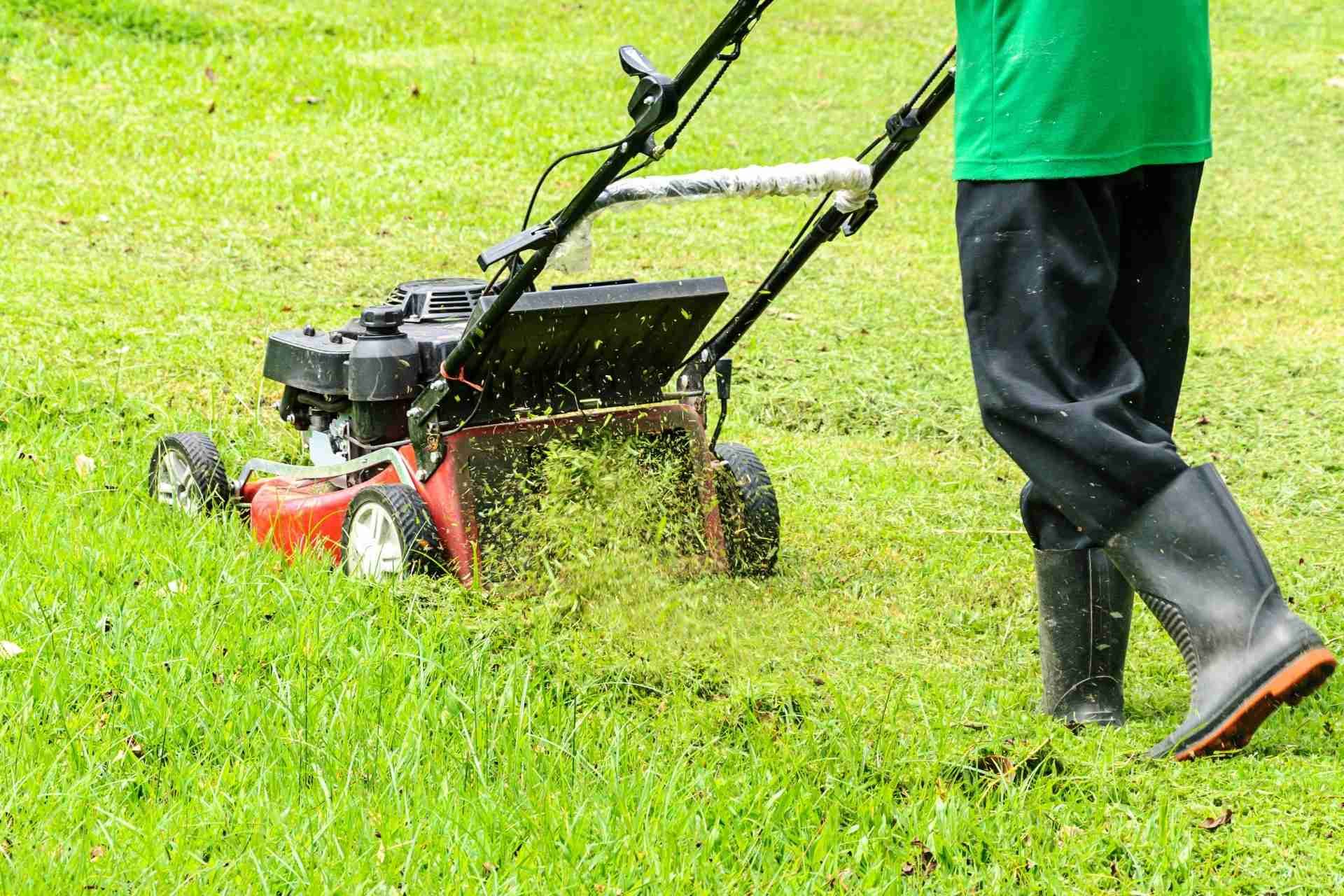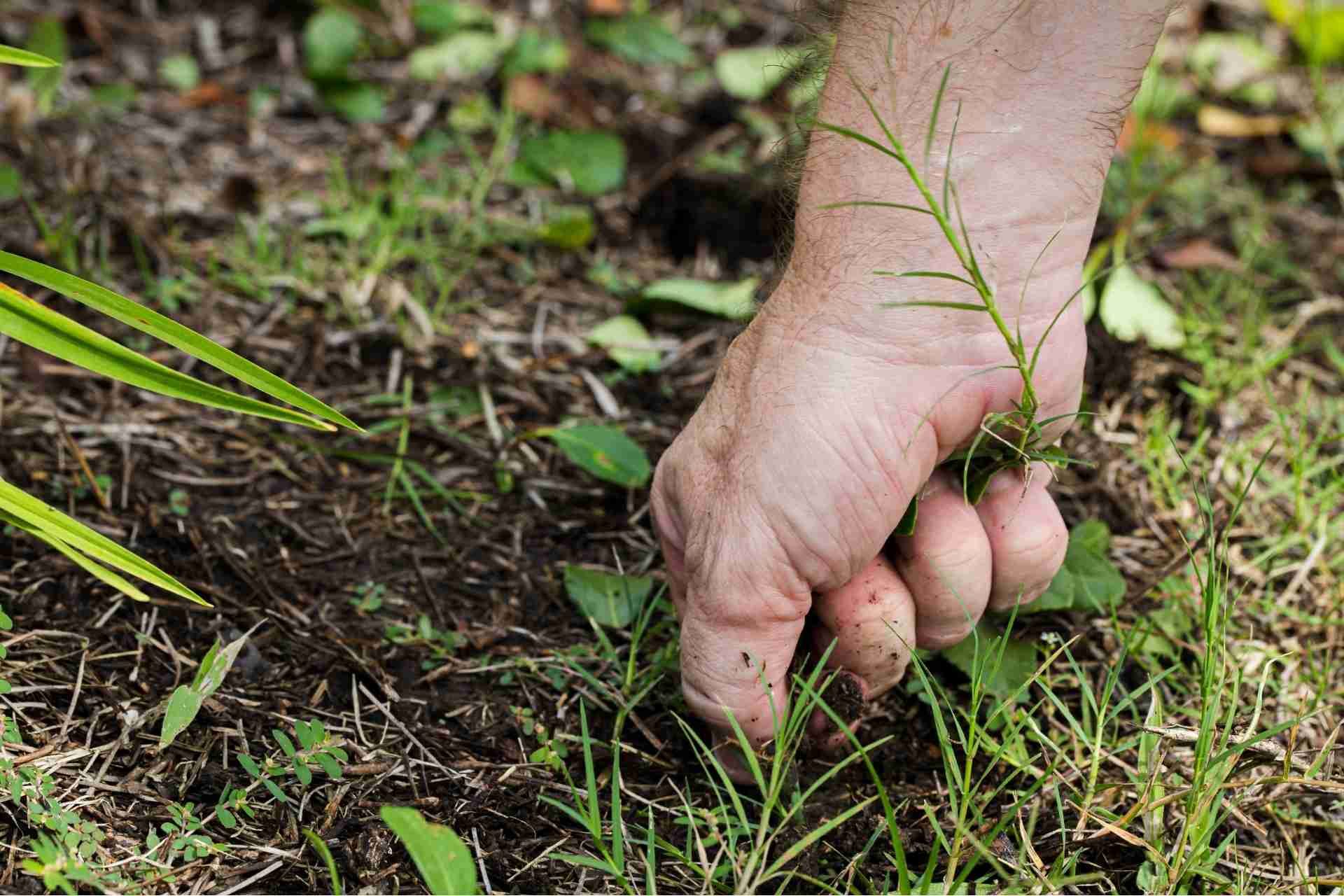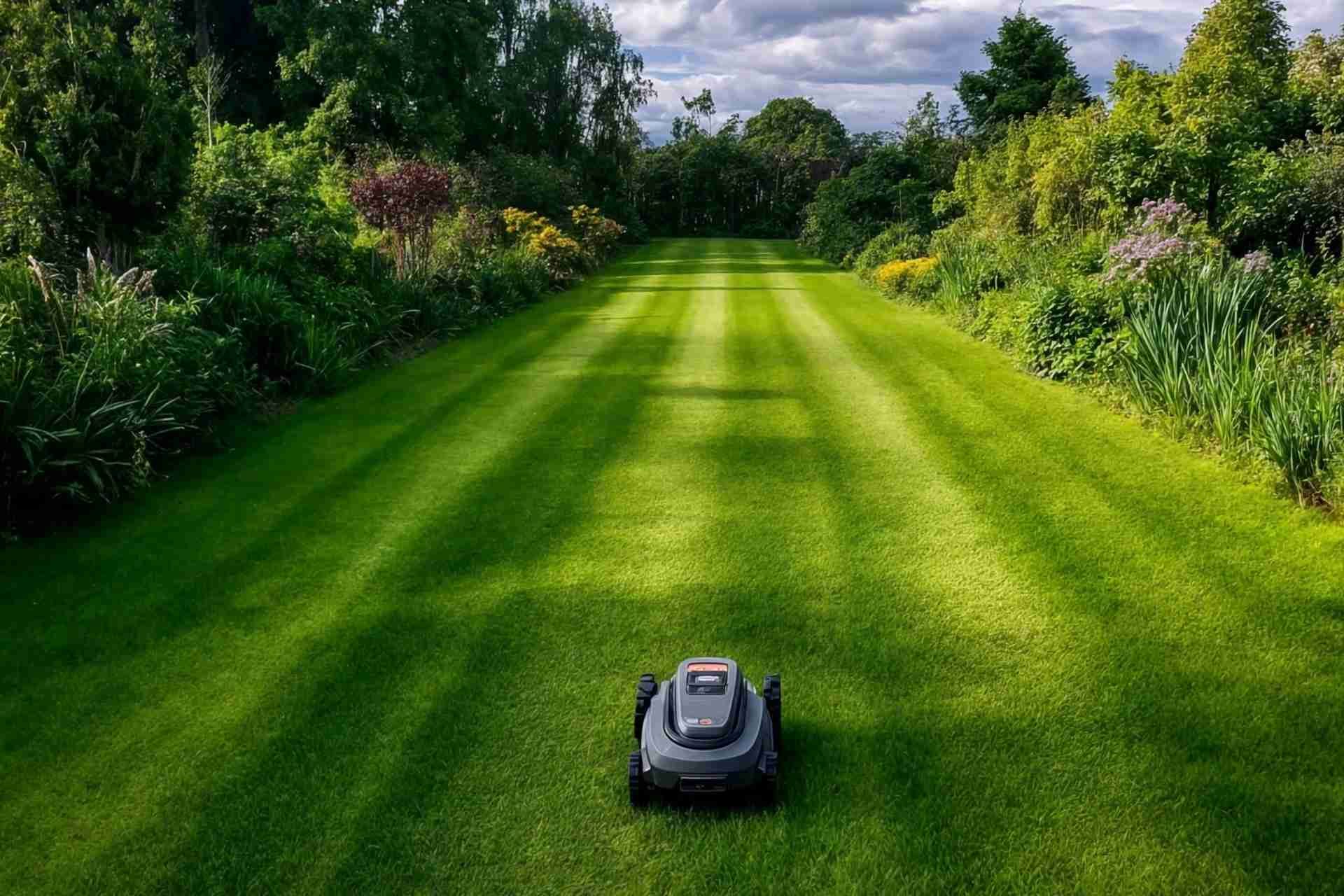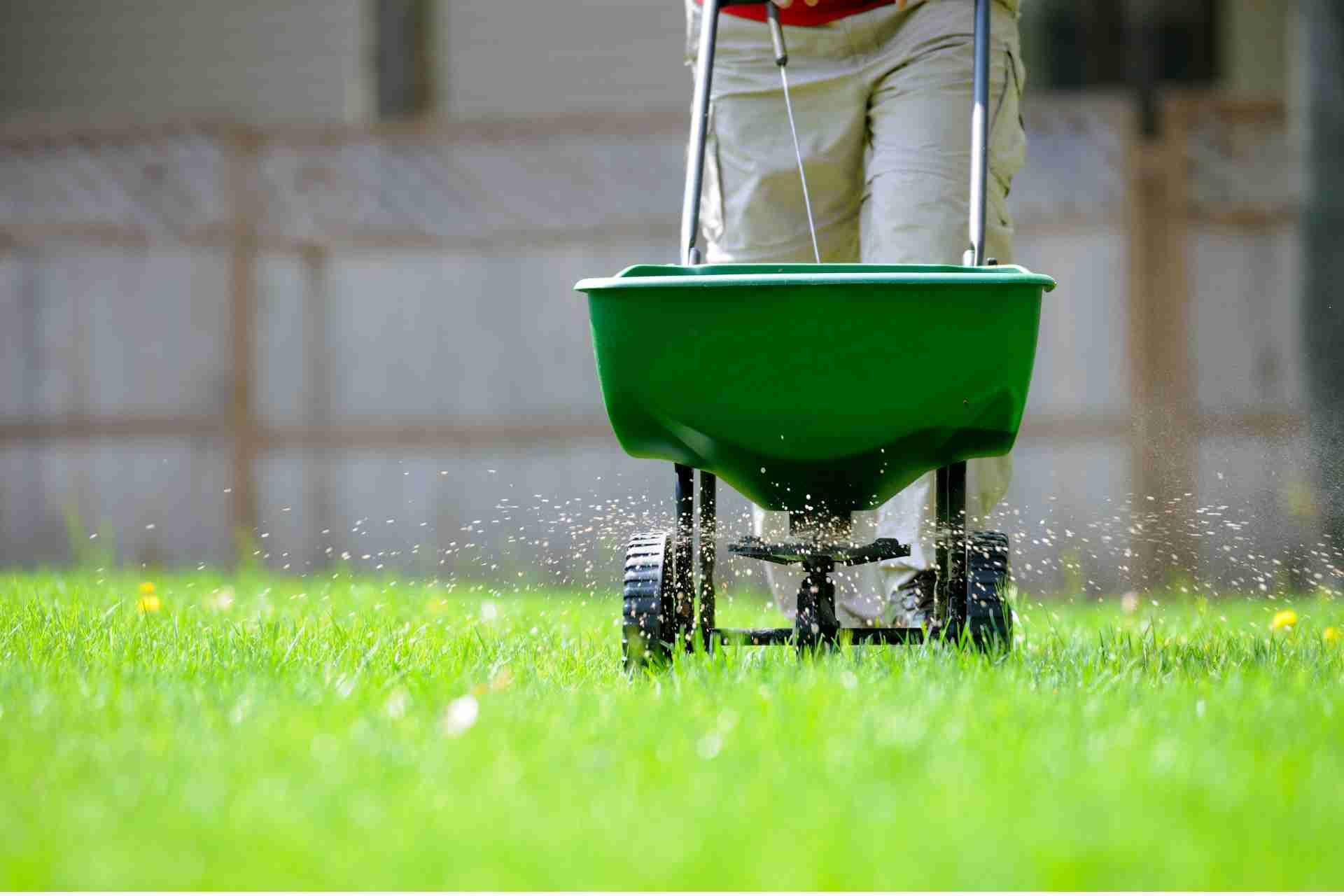How to Deal with Lawn Pest Naturally?

Dealing with lawn pests naturally can seem challenging, but it's more about understanding your ecosystem than applying harsh chemicals. By promoting a healthy lawn, you can create an environment that deters pests while encouraging beneficial insects. You'll find that simple practices and natural solutions can make a big difference. Curious about the specific pests you might encounter and the best strategies to combat them? Let's explore what you need to know.
Understanding Common Lawn Pests
When you notice your lawn looking unhealthy, it's crucial to understand the common pests that might be causing the issue.
Grubs, for instance, can cause significant damage by feeding on grassroots, resulting in brown patches. You might also encounter chinch bugs, which suck the sap from grass blades, leading to wilting and discoloration.
Another pest to watch for is the armyworm, known for its rapid destruction of grass. Lastly, don't forget about the pesky aphids; while small, they can weaken your lawn by sucking nutrients.
The Role of Beneficial Insects
Alongside recognizing harmful pests, it's important to appreciate the role of beneficial insects in your lawn's ecosystem.
These tiny allies can be game-changers in pest management. Ladybugs, for example, feed on aphids, while lacewings target various soft-bodied pests. By attracting these insects to your lawn, you create a natural balance that reduces the need for chemical interventions.
Planting diverse flowers and herbs can help lure them in. Consider incorporating plants like yarrow or marigold, which serve as nectar sources.
Additionally, maintaining a healthy lawn environment encourages these beneficial insects to thrive. With their help, you'll not only protect your grass but also promote a vibrant, sustainable ecosystem that benefits your entire garden.
Embrace their presence, and watch your lawn flourish!
Natural Repellents for Lawn Pests
To keep lawn pests at bay without resorting to harsh chemicals, you can turn to natural repellents that effectively deter unwanted visitors.
Essential oils like peppermint, rosemary, and lavender are great options; simply mix a few drops with water in a spray bottle and apply it to affected areas.
Another effective repellent is diatomaceous earth, which you can sprinkle around your garden to create a barrier against insects.
You might also consider planting pest-repelling herbs, such as basil and marigolds, which naturally repel certain bugs while enhancing your garden's beauty.
Homemade Pest Control Remedies
If you're looking to manage lawn pests without chemicals, homemade pest control remedies can be a game changer.
You can easily create a simple garlic spray by blending garlic cloves with water, straining it, and spraying it on affected areas.
Another option is a soap solution; mix a few drops of liquid soap with water and spray it on pests to suffocate them.
Diatomaceous earth is also a great choice; sprinkle it around your plants to deter crawling insects.
For a more aromatic approach, mix water with essential oils like peppermint or rosemary to repel pests.
These natural remedies not only protect your lawn but also keep your garden healthy and safe for beneficial insects.
Maintaining a Healthy Lawn Ecosystem
While it might seem challenging to maintain a healthy lawn ecosystem, a few simple practices can make a big difference.
Start by regularly mowing your grass at the right height to promote strong roots and discourage weeds. Water deeply but infrequently to encourage drought resistance. Incorporate organic matter into your soil, like compost, to boost its health and fertility.
Encourage beneficial insects by planting diverse species and avoiding chemical pesticides. Regularly test your soil to understand its nutrient needs, and consider natural fertilizers to replenish those nutrients.
Lastly, practice crop rotation if you have garden areas; it helps prevent pest build-up and keeps your ecosystem balanced.
Companion Planting Strategies
Companion planting can significantly enhance your lawn's health and help manage pests naturally. By pairing plants with complementary characteristics, you can create a thriving ecosystem.
For instance, marigolds deter nematodes and other harmful pests, while basil can repel mosquitoes and flies. Planting garlic near your vegetables can also ward off aphids and other insects.
Consider intercropping, where you mix different plants in the same area to confuse pests and promote beneficial insects. For example, planting clover with your grass can improve soil quality and attract pollinators.
Always research compatible plants to maximize benefits. By implementing these strategies, you'll not only keep your lawn healthier but also reduce the need for chemical treatments, creating a more sustainable environment.
The Importance of Soil Health
Healthy soil forms the foundation of a thriving lawn, as it supports plant growth and fosters a balanced ecosystem. When your soil is rich in nutrients, your grass can establish deep roots, making it more resilient against pests and diseases.
To improve soil health, focus on organic matter, like compost, which enhances soil structure and moisture retention. You should also test your soil to understand its pH and nutrient levels, allowing you to amend it appropriately.
Beneficial microorganisms play a crucial role in breaking down organic material and enhancing nutrient availability. By prioritizing soil health, you create an environment that naturally deters pests, reduces the need for chemicals, and ultimately leads to a lush, vibrant lawn you can enjoy year-round.
Regular Lawn Maintenance Practices
Maintaining a vibrant lawn goes hand in hand with nurturing soil health. Regular mowing is crucial; keep your grass at the right height to promote growth and discourage pests.
Don't forget to aerate your lawn to improve air and nutrient flow, which enhances root strength. Watering deeply but less frequently encourages deep root systems.
It's also important to fertilize with organic options that boost soil health without chemicals. Additionally, you should regularly inspect for signs of pests or disease; early detection makes all the difference.
Finally, remove any debris to reduce hiding spots for pests. By sticking to these practices, you'll create a healthy environment that can naturally fend off lawn pests.
Attracting Wildlife to Control Pests
While enhancing your lawn's ecosystem, attracting wildlife can be an effective way to manage pests naturally. You can encourage beneficial creatures like ladybugs, lacewings, and birds by planting native flowers and shrubs that provide food and shelter.
Create a welcoming habitat by adding birdhouses, nesting boxes, or insect hotels. Avoid chemical pesticides, as they can deter these helpful animals. Instead, use natural repellents or hand-pick pests when necessary.
Providing a water source, like a small pond or birdbath, can also draw wildlife to your yard. By fostering a balanced environment, you'll not only control pests but also enhance your lawn's beauty and biodiversity, creating a thriving habitat for both you and your new wildlife friends.
Conclusion
By embracing these natural methods, you can effectively deal with lawn pests while promoting a healthy ecosystem. Focus on maintaining your lawn's health through regular care, introducing beneficial insects, and using natural repellents. Remember, a resilient lawn is less prone to infestations, so nourish your soil and consider companion planting. By attracting wildlife, you'll create a balanced environment that keeps pests at bay. With these strategies, you'll enjoy a thriving, pest-free lawn without relying on chemicals.



